CALL FOR RATIFICATION: THE FEDERAL REPUBLIC OF SOMALIA SHOULD RATIFY THE AFRICAN DISABILITY PROTOCOL

The Protocol to the African Charter on Human and Peoples’ Rights on the Rights of Persons with Disabilities in Africa, referred to as the African Disability Protocol (ADP), was adopted on 29th January 2018 and entered into force on 3 May 2024 following its 15th ratification.[1] This significant treaty aims to safeguard and ensure the rights of persons with disabilities in Africa. It serves as an important continental treaty tailored for the African context. The ADP addresses fundamental issues of disability discrimination to guarantee equitable access to protection against harmful practices, health, education, and employment, among others.[2] This campaign seeks to encourage the government of Somalia to ratify the APD by highlighting the significance of the treaty.
Background to the Somali context
The Federal Republic of Somalia adopted the United Nations Convention on the Rights of Persons with Disabilities (UN CRPD) in 2019. Additionally, in 2018, it established the National Disability Authority (NDA) under the Ministry of Women and Human Rights Development to promote disability rights.[3] This recent legal and regulatory advancement in Somalia illustrates its dedication to disability rights. Nonetheless, deficiencies persist. According to the Somali National Bureau Report in 2024, persons with disabilities in Somalia face serious challenges, including limited access to education, employment, and essential services. Meanwhile, the Somali government and its international allies are collaborating to improve conditions in the country. There are an estimated 2.5 million persons with disabilities, representing over 15% of the population.[4] The Federal Republic of Somalia must seize this opportunity to ratify the ADP as this will demonstrate Somalia’s commitment to improving the protection of persons with disabilities and upholding their inclusion, dignity, and human rights. Somalia’s ratification would convey a robust indication of the government’s commitment to incorporating disability rights into national development goals and enhancing its status as a rights-oriented member of the African Union.
The ADP offers a robust, indigenous, and comprehensive framework, and the work is well underway to ensure its implementation in nations that have already ratified the protocol. We urge the government and parliament of Somalia to be a part of this important movement and affirm their dedication to “leaving no one behind” by ratifying the protocol. Such action will reinforce Somalia’s commitment to equality, dignity, and human rights, aligning the nation with broader African Union initiatives aimed at fostering an inclusive society.
Why does the ratification matter to Somalia?
The ratification of the African Disability Protocol (ADP) holds enormous significance for Somalia. In the nation’s ongoing recovery from prolonged instability and violence, establishing robust and inclusive institutions is imperative. The ratification of the ADP will demonstrate Somalia’s commitment to upholding the principles of equality and non-discrimination as outlined in its provisional constitution and international agreements, including the Convention on the Rights of Persons with Disabilities (CRPD).[5] The ADP provides a distinct African viewpoint, tackling difficulties that Somalia confronts, including the nexus of disability and poverty, violent conflict, cultural beliefs, and inadequate public infrastructure. Certain African nations, such as Somalia, may be hesitant to ratify the African Disability Protocol (ADP) due to concerns regarding its similarity to the United Nations Convention on the Rights of Persons with Disabilities (UNCRPD), which they have already ratified. Although both documents aim to protect the rights of persons with disabilities, the ADP introduces the challenges specific to the African context, including harmful behaviours and the impact of traditional cultural practices, particularly against individuals with albinism, as well as the exacerbated effects of poverty and conflict on those with disabilities; all of which are areas that the UNCRPD does not adequately address. The ADP encapsulates Africa’s unique economic conditions and cultural context, making it vital to the global framework. Ratifying the ADP will enable Somalia to strengthen its commitment to the UNCRPD while enhancing domestic implementation and accountability through regional continental mechanisms.
Ratification may also facilitate collaboration with other African Union member states while simultaneously strengthening the government’s standing with international donors and development partners that emphasise adherence to human rights. Ultimately, ratification will establish a definitive framework for aligning domestic legislation with regional commitments, which is crucial for sustaining legal reform and promoting human rights.
Why does it matter to persons with disabilities?
The implementation of the ADP could be transformative for persons with disabilities in Somalia. This group, which includes war survivors, landmine victims, and persons with physical, intellectual and psychosocial disabilities, has historically been marginalised from participating in community life on an equal basis with others. Many individuals face significant barriers to accessing educational institutions, healthcare services, employment opportunities, public facilities, and the judicial system. The ratification of the Protocol will establish a legal responsibility for the country to improve the conditions for persons with disabilities encompassing access to education, transportation, and healthcare, as well as ensuring equitable participation in decision-making processes.
By ratifying the ADP, Somalia will have made a substantial advancement in eradicating structural inequalities and guaranteeing that no individual is marginalised. The ADP outlines a thorough strategy for inclusion, mandating states to offer appropriate accommodations, implement anti-discrimination legislation, enhance access to public infrastructure, and ensure equal legal recognition. The ADP emphasizes intersectionality, focusing on the escalating prejudice encountered by women, children, and individuals with albinism or mental disabilities. This approach is especially critical in Somalia, where several dimensions of neglect frequently converge to engender significant human rights violations. The ADP significantly amplifies the voices and visibility of historically marginalised individuals. It mandates governments to combat all forms of discrimination and to provide reasonable accommodations, especially for women and children with disabilities, who often face various forms of prejudice. In summary, ratification signifies that persons with disabilities are recognised not as objects of charity or marginalised parts of society, but as full citizens deserving of respect, opportunity, and fairness.
Conclusion
This call to action for Somalia to ratify the African Disability Protocol is founded on legal, political, ethical, and humanitarian principles. It is a summons to honour the obligations established in the Provisional Constitution, the CRPD, and Agenda 2063. This is a call to unite with persons with disabilities and affirm that their rights are regarded not as acts of charity, but as legal imperatives. I respectfully request that the Federal Republic of Somalia prioritise the ratification of the ADP without delay. By ratifying the ADP, Somalia will solidify its legal and political commitment to the rights of persons with disabilities while also laying the groundwork for an inclusive, equitable, and dignified future for all its residents. Let this generation redefine Somali inclusion not through rhetoric, but as an acknowledged right.
Written by
Abdikarin Said Yusuf and Joshua NDUKU
LLM candidates- HRDA Class of 2025
Centre of Human Rights
University of Pretoria, South Africa
Endnotes
- Press Statement: Centre of Human Rights October 2024. https://www.chr.up.ac.za/dru-news/3877-press-statement-the-centre-for-human-rights-welcomes-the-coming-into-force-of-the-african-disability-protocol#:~:text=The%20Centre%20for%20Human%20Rights%2C,The%20Protocol%E2%80%99s%20entry%20into (accessed date 01 June 2012). ↑
- G Anti-Atsu The African Disability Protocol: Sightsavers ‘A call to leave for no one behind’ August 2021 The African Disability Protocol: a call to leave no one behind | Blogs | Sightsavers (accessed date 01 June 2025). ↑
- Ministry of Women and Human Rights Development ‘inclusion of Persons with Disablitities and Disability Rights in Somalia: Road Map 2020-2023’ (2020) 2. ↑
- Somali National Bureau of Statistics ‘National Disability Report’ 2024. ↑
- UN Convention on the Rights of Persons with Disabilities adopted on 12 December 2006. ↑
_____________
The Somali Opinions welcomes opinion articles on any topic, including local, national, and international issues. Submissions can be sent to Somaliopinions@gmail.com.
If you have feedback on this article or wish to share your thoughts on any content published by The Somali Opinions, we encourage you to submit your opinions to the email address above.


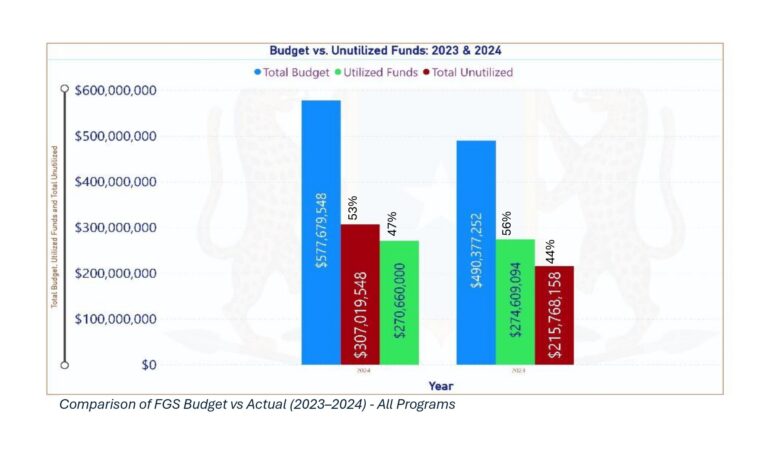
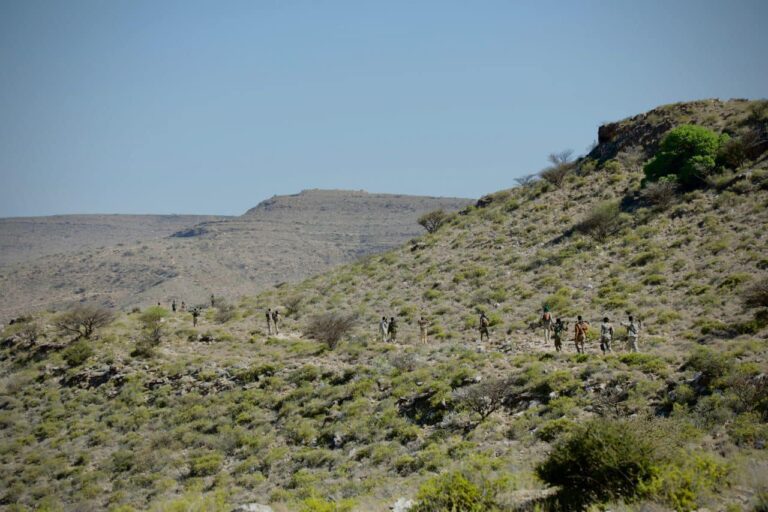
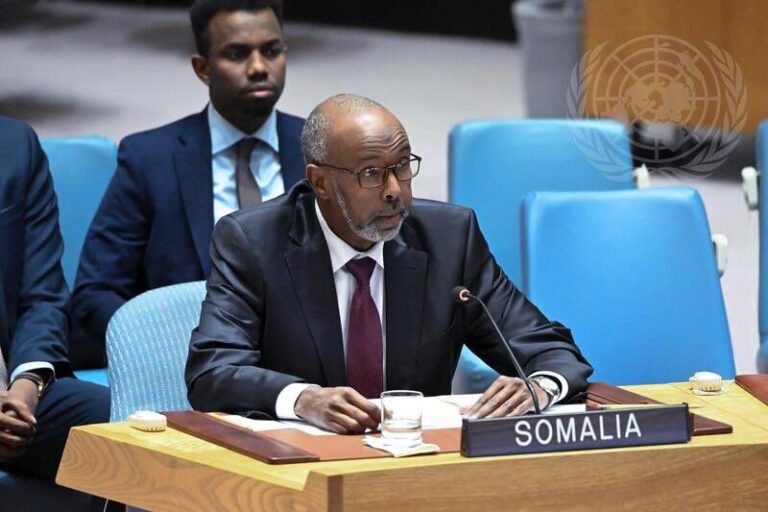
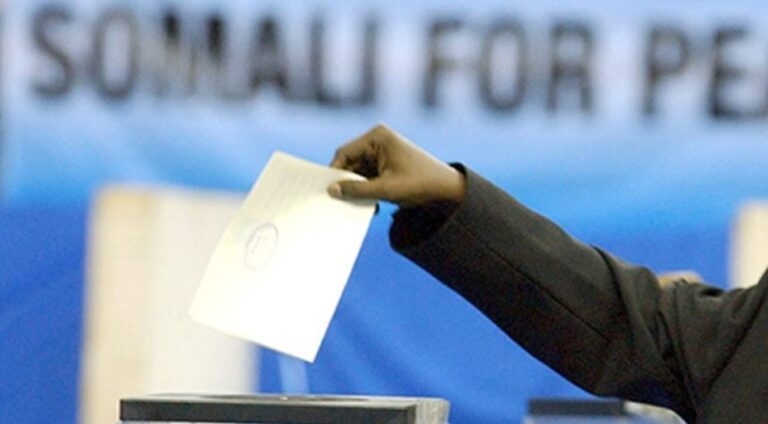
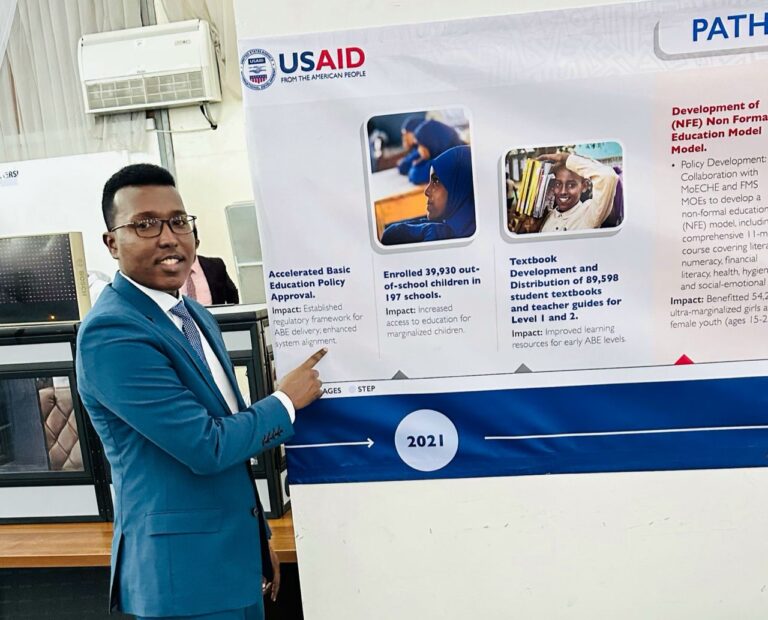
Superacegame8, huh? New name to me. Might give it a whirl tonight. Fingers crossed for some good luck! Check out superacegame8 if you’re looking for something new!